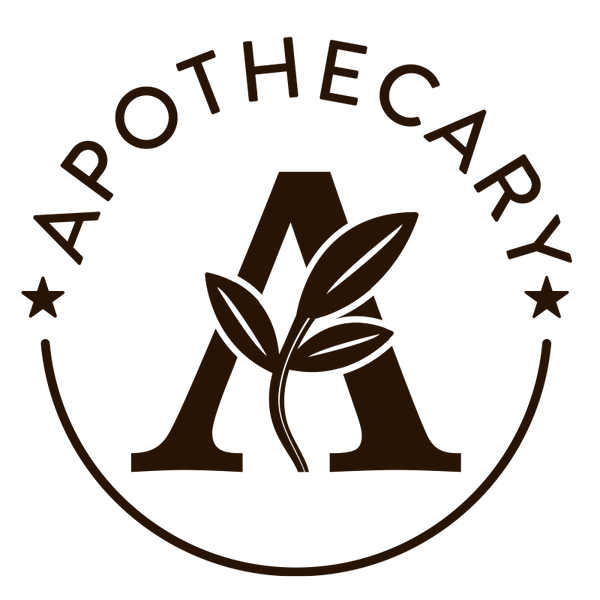Arnica: A Traditional Remedy
Arnica flower (Arnica montana) is renowned for its potent ability to relieve occasional aches and pains, primarily attributed to its active constituents like sesquiterpene lactones (including helenalin).
It has been widely used in traditional medicine for treating bruises, sprains, and swelling, and is commonly found in ointments, gels, and homeopathic preparations. Originating from the mountainous regions of Europe and western North America, Arnica montana plays a significant role in herbal recipes.
Our arnica is available as whole flower buds.
More about Arnica Flower
Arnica Flower, known botanically as Arnica montana, thrives in the mountainous regions of Europe and North America. This perennial herb is distinguished by its vibrant yellow flowers and robust, leafy stems. Cultivated with care, our Arnica is harvested while paying homage to its natural environment.
Traditionally, Arnica Flower has been a staple in both culinary and herbal practices, renowned for its aromatic essence and its use in herbal teas. It is celebrated for offering relief from occasional aches and pains when applied topically in the form of oils and salves. Its application is a testament to the wisdom of herbal traditions and modern plant medicine.
In the realm of folk magic and spirituality, Arnica holds a special place. It is believed to protect against negative energies and to foster a connection to the natural world. Its presence in rituals and healing practices speaks to its revered status among those who seek to align with the forces of nature and harness the plant's symbolic power of renewal and strength.
Know Your Ingredient: Arnica Flower
| Latin Name | Arnica montana and related species |
| Active Ingredients | Sesquiterpene lactones (e.g., helenalin), flavonoids, phenolic acids |
| Classification Secondary Metabolite | Sesquiterpene Lactones, Flavonoids |
| Flavor | Not typically described for flavor due to its use primarily in topical applications |
| Common Use | Medicinal (topical treatment for bruises, sprains, and inflammation), cosmetics |
| Origin | Native to Europe and western North America |


